News
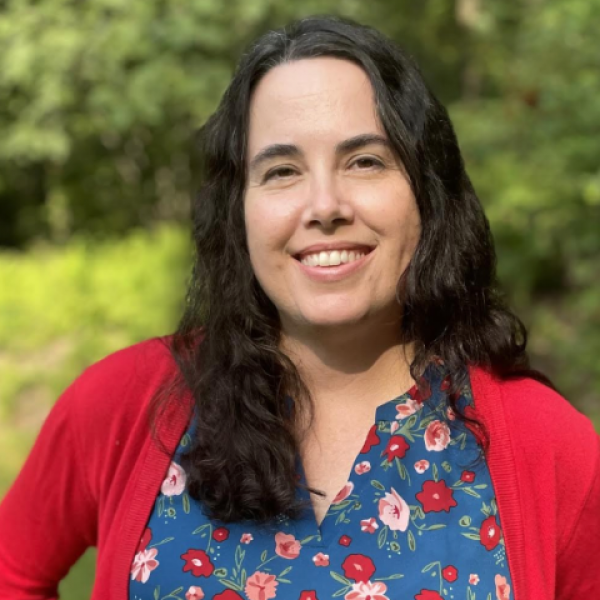
Apr 29, 2025
Heather Hines named interim director of the Center for Pollinator Research and the Insect Biodiversity Center
Heather Hines, Associate Professor of Biology and Entomology, has been named Interim Director of the Center for Pollinator Research (CPR) and the Insect Biodiversity Center (IBC). Hines is succeeding Christina Grozinger, Publius Vergilius Maro Professor of Entomology and director of the Huck Institutes of the Life Sciences.
Full Article

Apr 29, 2025
HGSAC prepares for largest Life Sciences Symposium yet
The Life Sciences Symposium, organized by the Huck Graduate Student Advisory Committee (HGSAC), is set to showcase student research on May 23.
Full Article
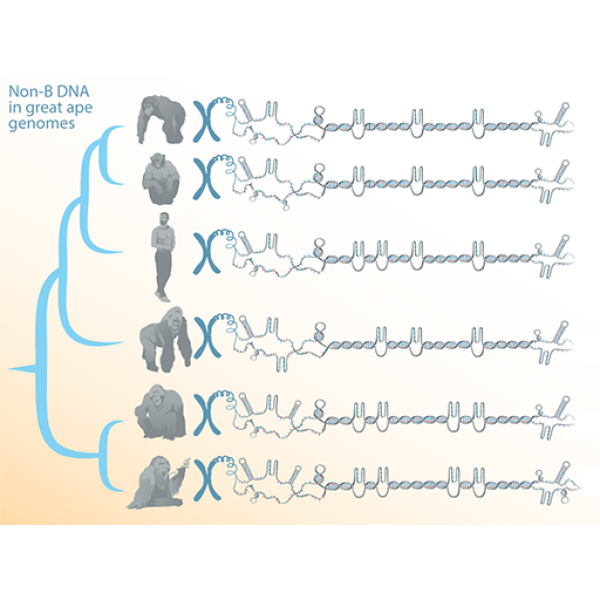
Apr 24, 2025
Beyond the double helix: Alternative DNA conformations in ape genomes
Researchers used recently published telomere-to-telomere genomes of humans, chimpanzee, bonobo, gorilla and two orangutans to predict locations of DNA sequences that can form other structures besides the double helix.
Full Article

Apr 23, 2025
How do you like them apples? Apple genus evolution revealed
A new comparison and analysis of the genomes of species in the genus Malus, which includes the domesticated apple and its wild relatives, revealed the evolutionary relationships among the species and how their genomes have evolved over the past nearly 60 million years.
Full Article

Apr 16, 2025
Foraging on the wing: How can ecologically similar birds live together?
New study uses modern molecular and evolutionary techniques to reassess a foundational, 67-year-old study in warblers.
Full Article
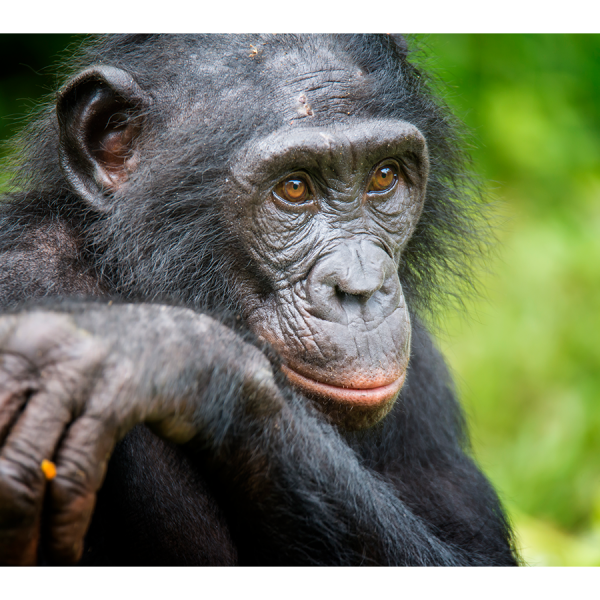
Apr 09, 2025
Complete genome sequences of six ape species unveiled
Differences among the DNA of seven ape species — including humans — are greater than originally thought, according to an international team led by researchers at Penn State, the National Human Genome Research Institute, and the University of Washington.
Full Article
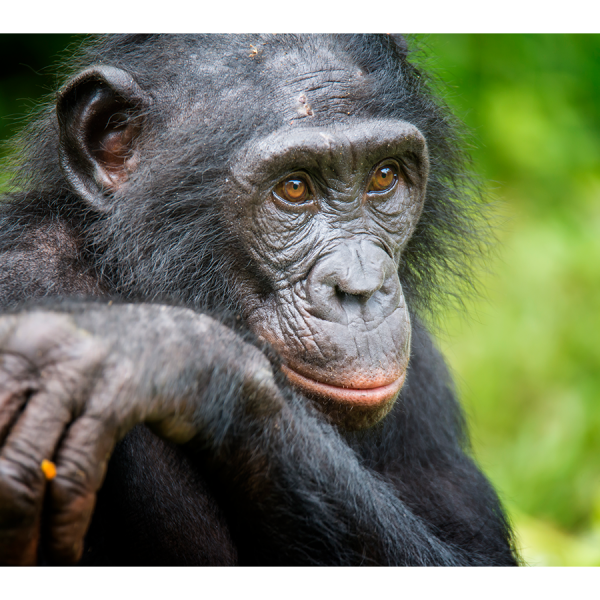
Apr 09, 2025
Complete genome sequences of six ape species unveiled
Previously inaccessible regions reveal novel insights that may advance understanding of evolution and conservation genetics for endangered apes as well as human health.
Full Article

Apr 09, 2025
NCEMS working groups to answer molecular and cellular bioscience questions
The U.S. National Science Foundation National Synthesis Center for Emergence in the Molecular and Cellular Sciences at Penn State aims to drive multidisciplinary collaboration utilizing publicly available research data.
Full Article
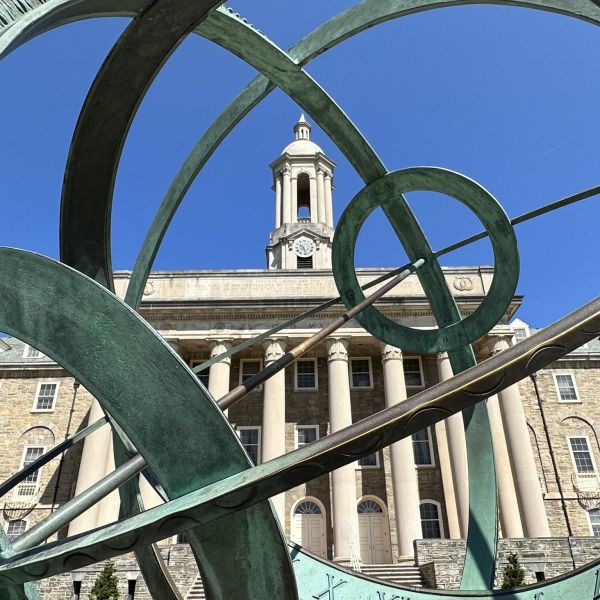
Mar 28, 2025
Four Penn State faculty elected AAAS Fellows
Four Penn State faculty members in areas ranging from agriculture to the biological sciences, geology and physics have been elected to the latest cohort of fellows of the American Association for the Advancement of Science (AAAS), the world’s largest general scientific society and publisher of the journal Science.
Full Article
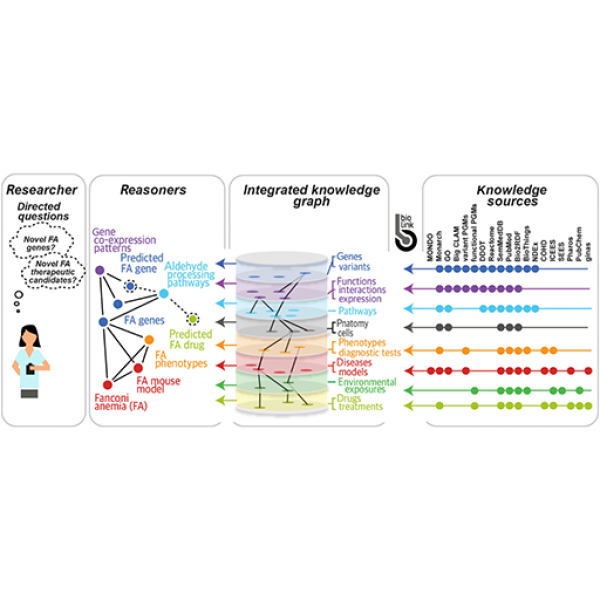
Mar 26, 2025
Translator for biomedical research aims to speed up patient care
$12.8M, five-year project brings together multiple institutions to improve and expand NIH Biomedical Data Translator
Full Article